Dry Fruit Names
Dry fruits are some of the healthiest and most nutritious foods for kids. They are rich in proteins, vitamins, and minerals that support growth, brain development, and strong immunity. Unlike junk food, dry fruits provide natural energy and keep children active throughout the day. Adding them regularly to a child’s diet can improve digestion, strengthen bones, and even boost memory power.
Teaching kids about different dry fruit names is a fun and educational way to help them recognise and enjoy these superfoods. When children know all dry fruits' names, they become more curious about their benefits and are more likely to eat them. Almonds, cashews, raisins, and walnuts are just a few examples that provide amazing health benefits. Well, here is a chance for you to learn the various dry fruit names in English. Check out the article and enrich your vocabulary.
Table of Contents
- What Are Dry Fruits?
- Difference Between Dry Fruits and Dried Fruits
- Types of Dry Fruits
- 10 Common Healthy Dry Fruits Names
- Other Dry Fruits Names in English
- Frequently Asked Questions on Dry Fruit Names
What Are Dry Fruits?
Dry fruits are nutrient-dense snacks that have had their water content removed either naturally or through drying processes. They are packed with essential vitamins, minerals, and healthy fats, making them a great addition to your child’s diet.
Difference Between Dry Fruits and Dried Fruits
"Dry fruits" typically refers to nuts like almonds, walnuts, and cashews, while "dried fruits" refers to fruits like raisins, dates, and figs that have been dehydrated. Essentially, dry fruits are naturally dried, while dried fruits are fruits that have had their water content removed through drying, either naturally or artificially.
Examples of Dry Fruits Name (Nuts):
Almonds, Cashews, Walnuts
Examples of Dried Fruits Name:
Raisins, Dates, Apricots
Both types of dry fruits are nutritious, but while dry fruits (nuts) provide healthy fats and proteins, dried fruits are generally higher in natural sugars, so they should be eaten in moderation
Types of Dry Fruits
Dry fruits come in various types, each packed with unique flavours and nutrients, making them ideal for a balanced diet.
-
Nuts: Almonds, walnuts, cashews, pistachios, hazelnuts, macadamia nuts.
-
Dried Berries: Raisins, cranberries, goji berries, blueberries.
-
Stone Fruits: Dried apricots, prunes (dried plums), dried peaches.
-
Tropical Fruits: Dried mango, dried pineapple, dried banana, dried papaya.
-
Exotic Fruits: Figs, dates, dried mulberries.
-
Seeds: Although not technically a dry fruit, seeds like sunflower, pumpkin, and flax are often included for their nutritional value.
These categories offer various flavours and nutrients, making them great for a balanced diet.
10 Common Healthy Dry Fruits Names
Each dry fruit has its own unique benefits; some are good for memory, some keep the heart healthy, while others make bones stronger. Let’s explore some of the most commonly eaten ones. By learning their names and uses, you can get a better understanding of why including these superfoods in daily meals is such a smart choice.
1. Almonds
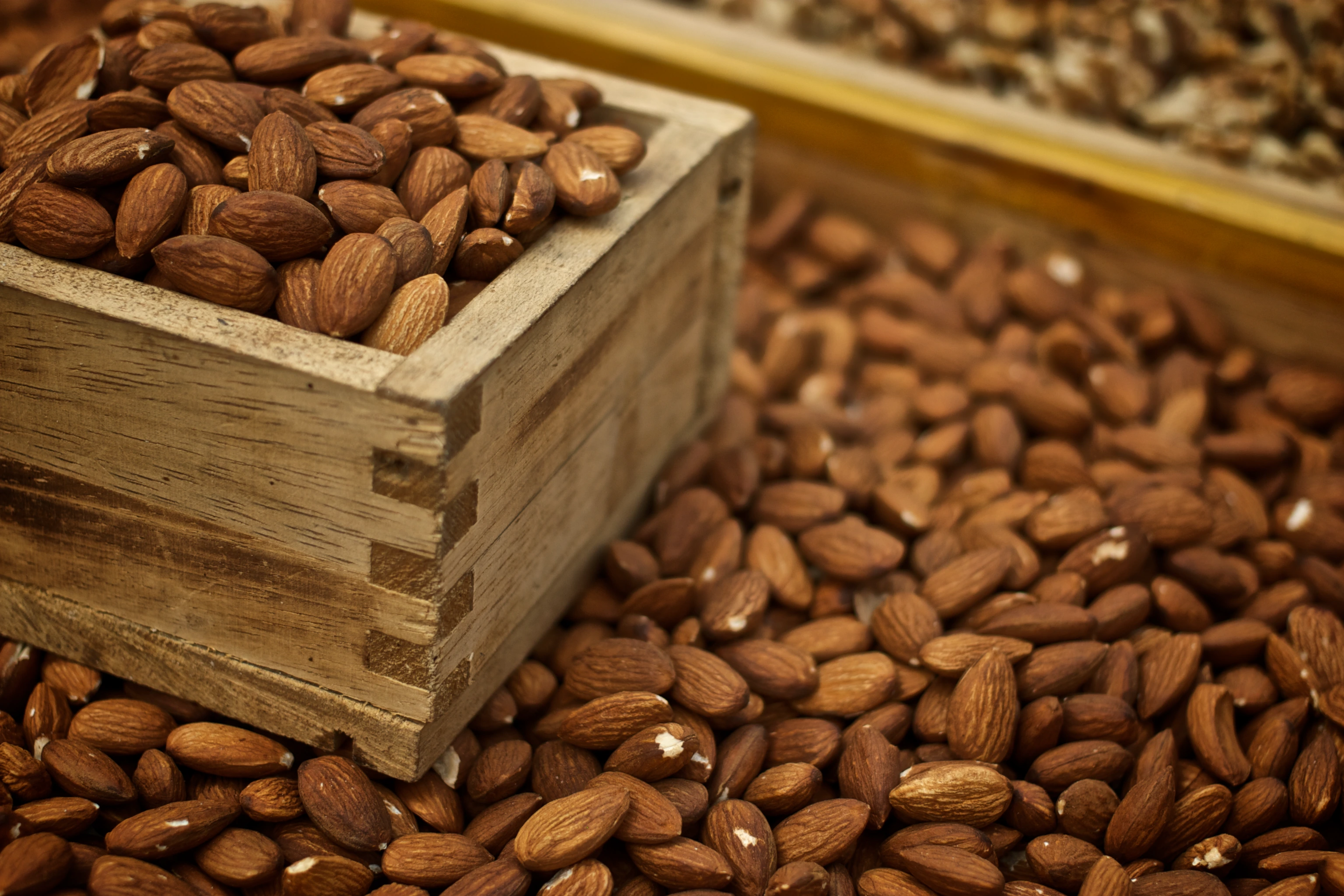
Eating almonds every day improves memory and helps kids concentrate better in studies. That’s why many people say almonds are "brain food." Almonds help in reducing bad cholesterol, which keeps the heart strong and prevents heart-related problems in the future. It has calcium and phosphorus, which help in building strong bones and teeth, making them perfect for growing kids. Eating almonds in the morning keeps kids active all day by providing energy to the body.
2. Cashews
.webp)
Cashews have essential vitamins and minerals that help the body fight off colds and infections, keeping kids healthy. The copper in cashews helps in making hair thicker, shinier, and stronger, preventing hair fall. It has healthy fats that lower bad cholesterol and improve heart health, ensuring a healthy future. Cashews have important nutrients like magnesium, zinc, and vitamins, which help in the proper growth and development of children.
3. Walnuts
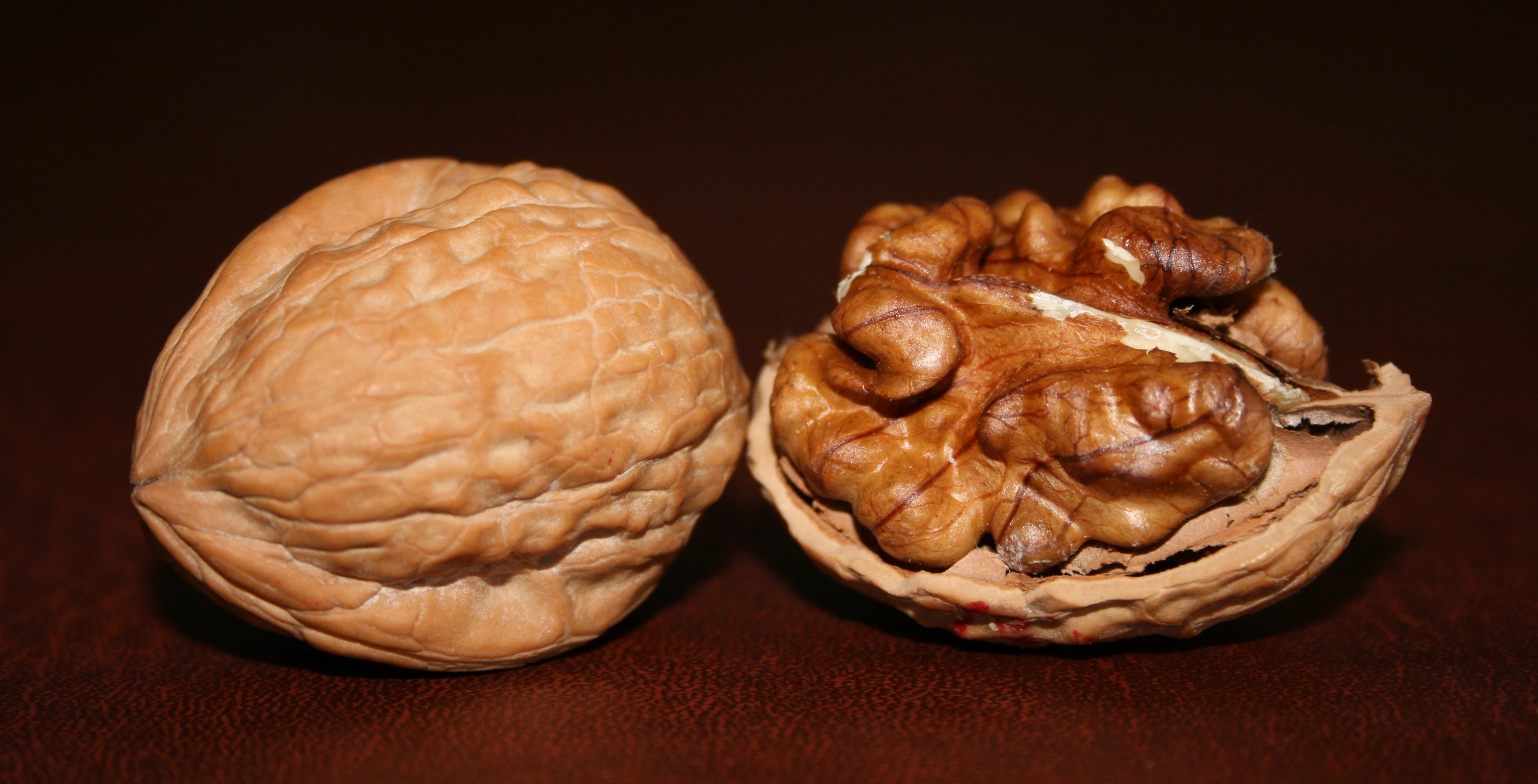
Walnuts look like tiny brains, and they are actually very good for the brain! They improve memory and thinking ability. Walnuts help lower cholesterol, which keeps the heart healthy and prevents heart disease when kids grow up. Walnuts have fiber, which keeps the stomach healthy and helps in easy digestion, preventing constipation. It has special nutrients that help in reducing stress, anxiety, and nervousness, making kids feel happy. Eating walnuts makes kids feel full for longer, so they do not feel hungry again and again.
4. Pistachios
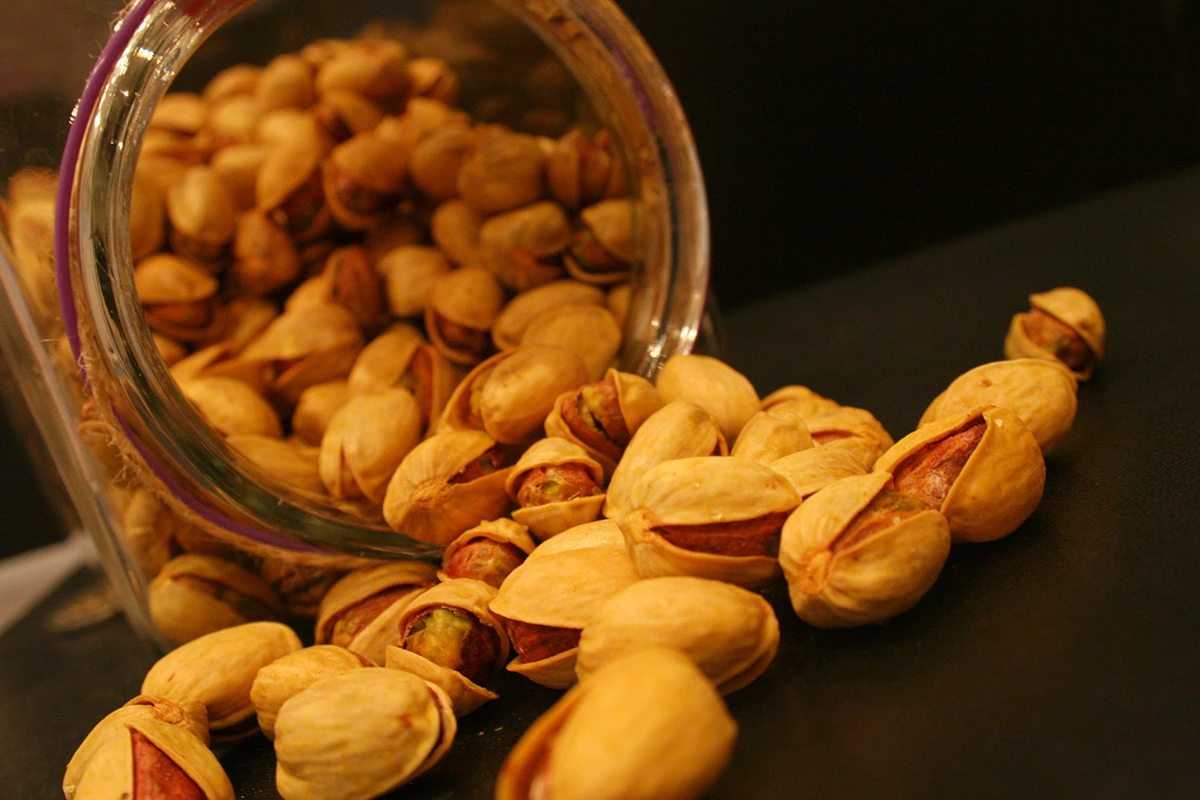
Pistachios have a lot of fiber, which helps in proper digestion and keeps the tummy happy by preventing stomach problems. Pistachios help in maintaining the right balance of sugar in the blood, keeping the body strong and healthy. It helps in lowering bad cholesterol and improving heart health, reducing the risk of heart diseases in the future. Eating pistachios gives the body the energy it needs to stay active, play, and study without feeling tired.
5. Raisins
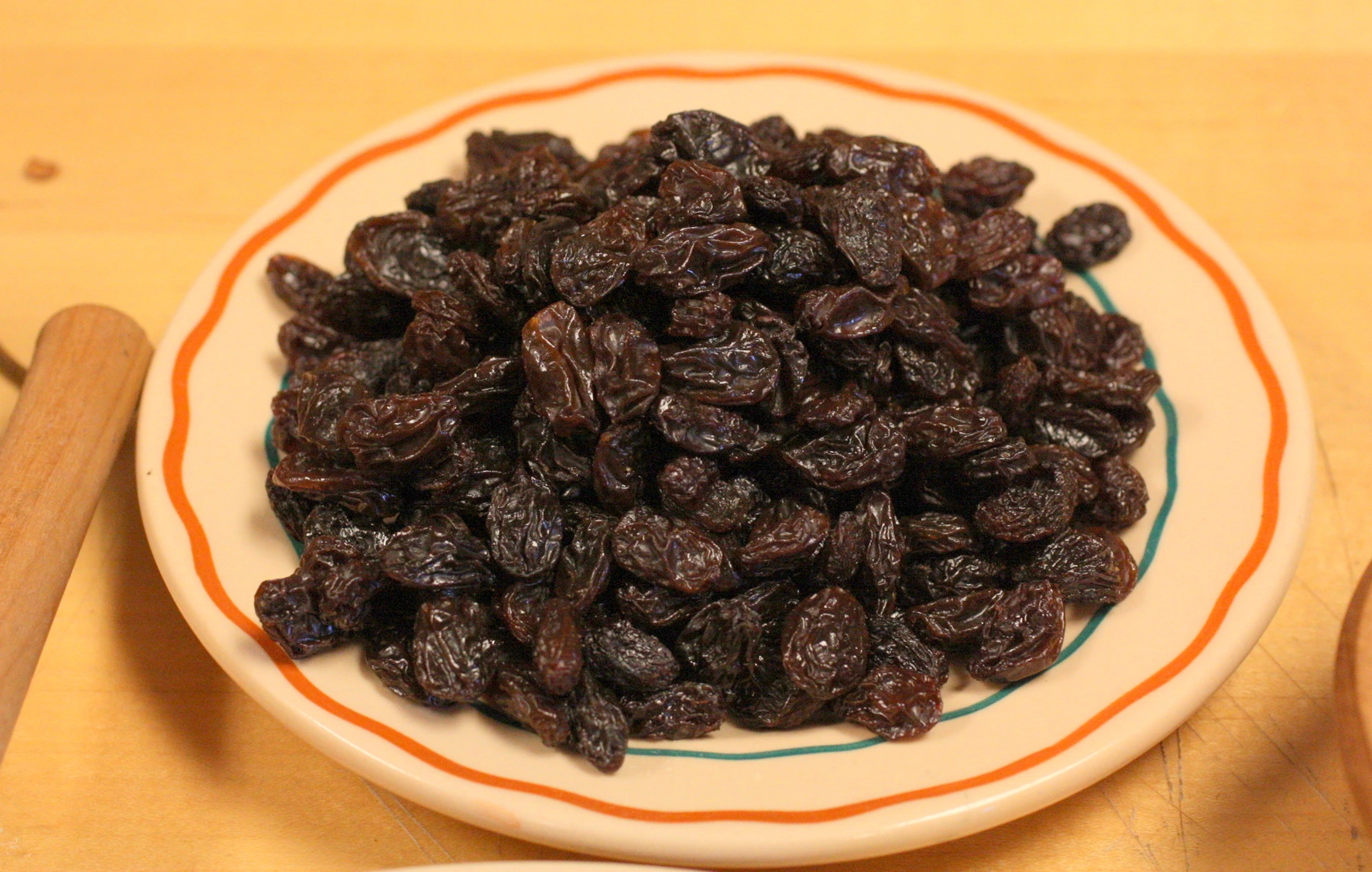
Raisins contain fiber, which helps in keeping the stomach clean and prevents constipation, making kids feel comfortable. Raisins have potassium, which helps in maintaining healthy blood pressure and keeping the heart in good shape. Raisins are full of iron, which helps in making more red blood cells and prevents weakness and tiredness. The antioxidants in raisins remove toxins from the body and make the skin look fresh, clean, and healthy.
6. Dates
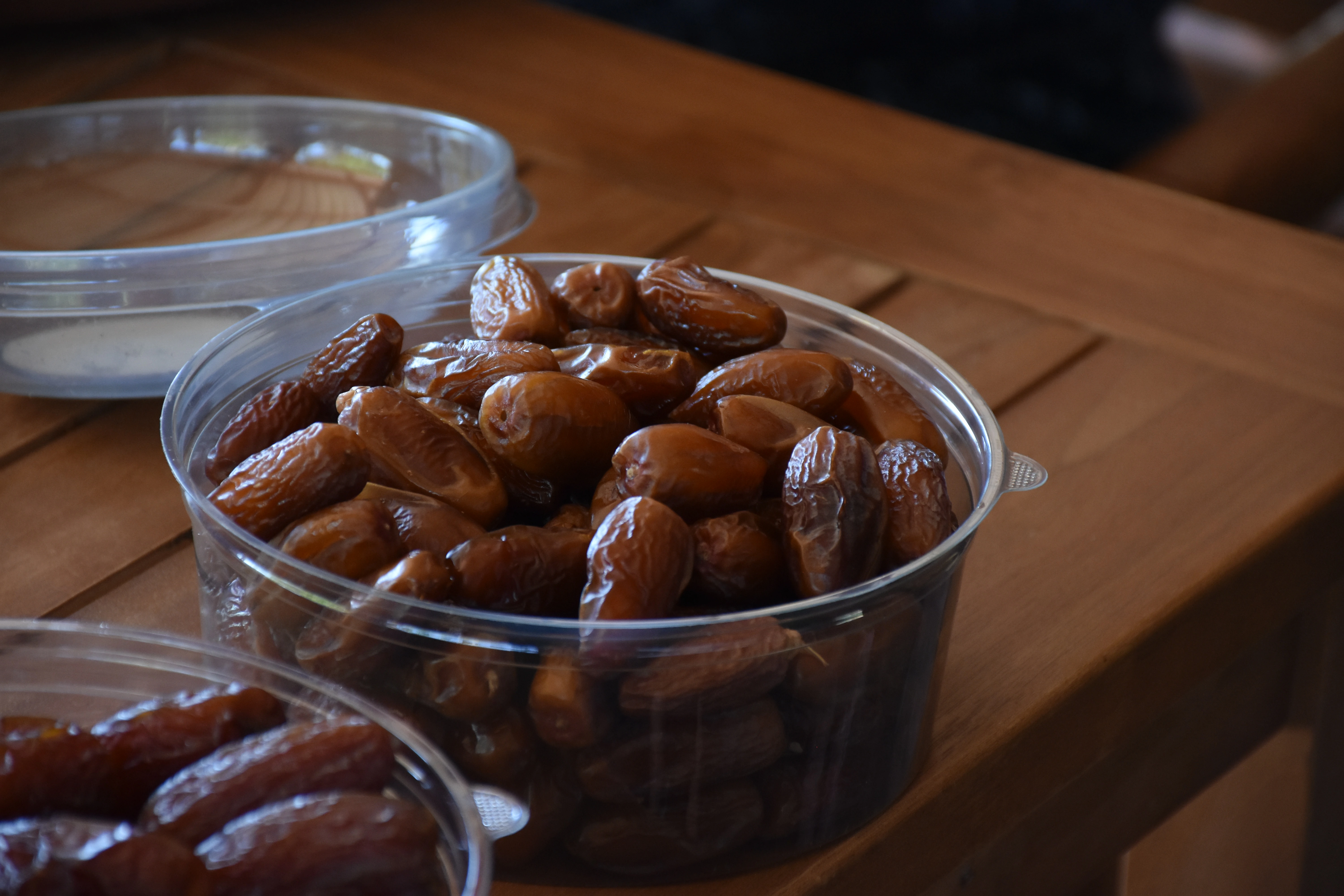
Dates are naturally sweet and provide instant energy, making them a great snack for active kids. Dates are rich in fiber, which helps in easy digestion and prevents constipation. Dates have calcium and phosphorus, which help in making bones and teeth strong. Dates help in improving memory and thinking ability, making studies easier for kids. Dates have many nutrients that help the body fight off infections and keep kids healthy.
7. Figs
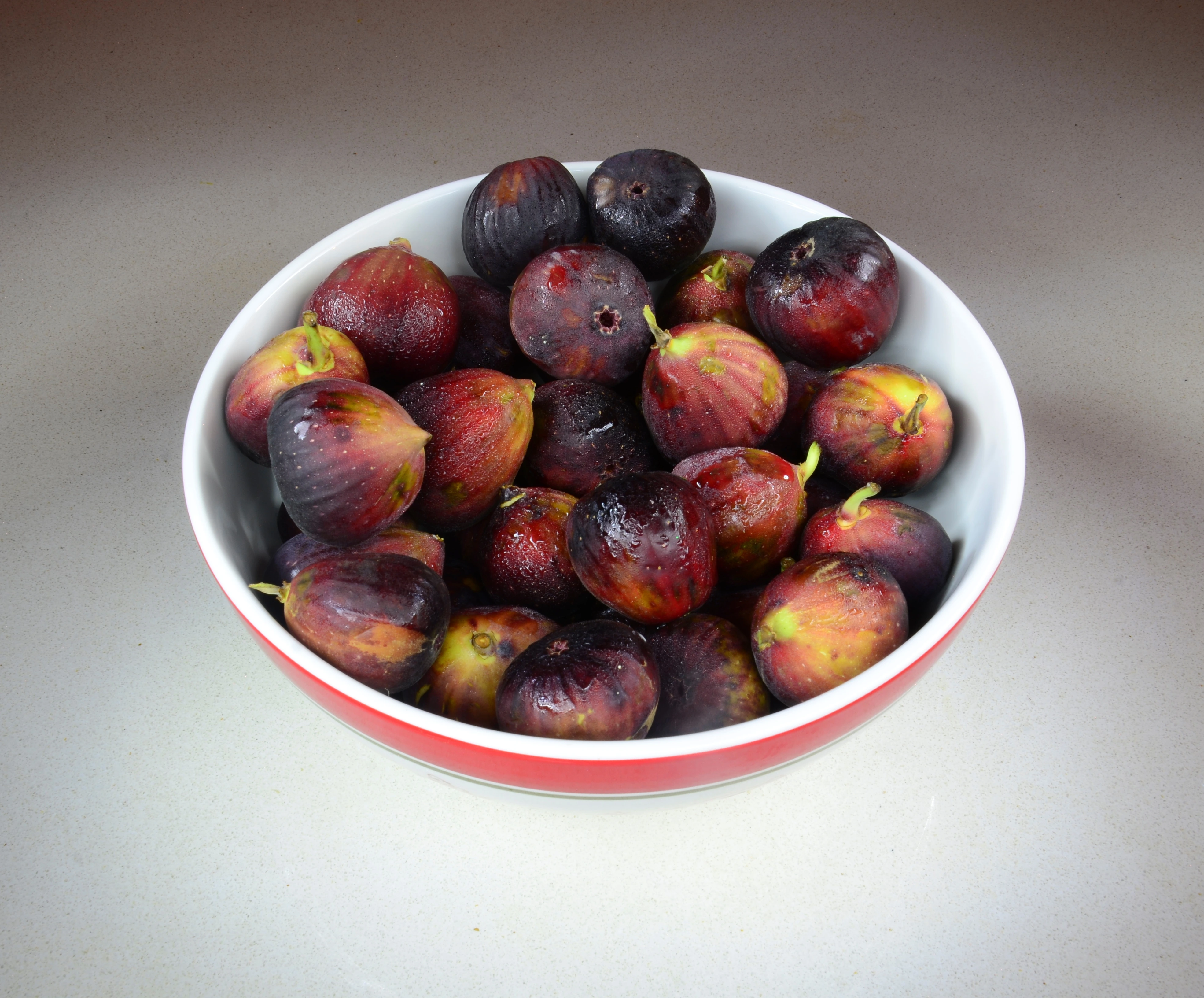
Figs are rich in fiber, which keeps the stomach healthy and helps in proper digestion. Figs help in controlling sugar levels, keeping the body healthy. Figs have calcium, which helps in strengthening bones and teeth. Figs help in reducing bad cholesterol, keeping the heart healthy. Figs make the stomach feel full for a long time, stopping unnecessary hunger.
8. Dried Apricots
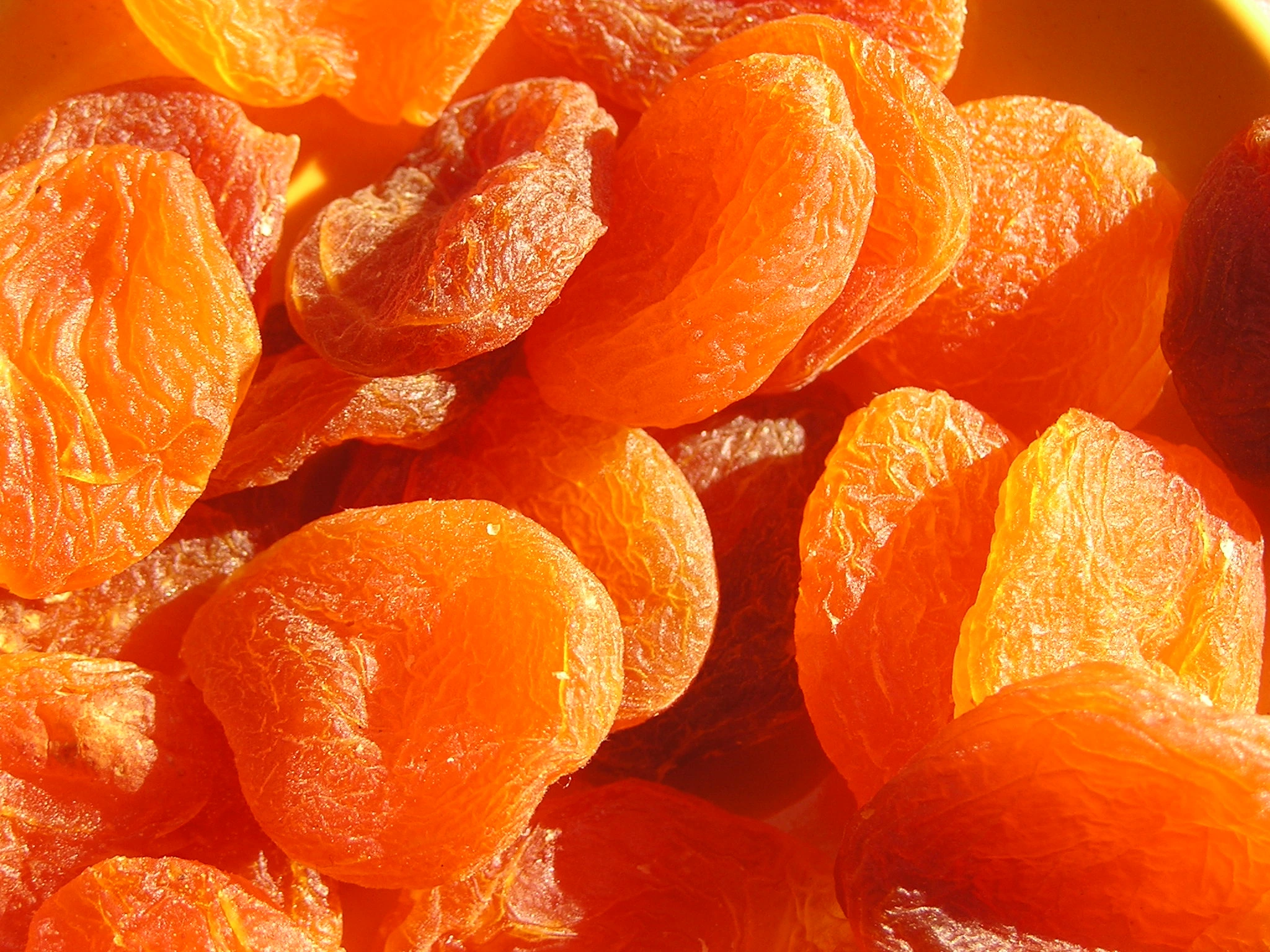
Apricots have Vitamin A, which helps in improving vision and keeping eyes healthy. Apricots help in making the skin smooth, soft, and glowing. Apricots are full of fiber, which helps in digestion and keeps the stomach clean. Apricots contain calcium, which helps in making bones strong and healthy. Apricots help the body fight off infections and stay strong.
9. Prunes
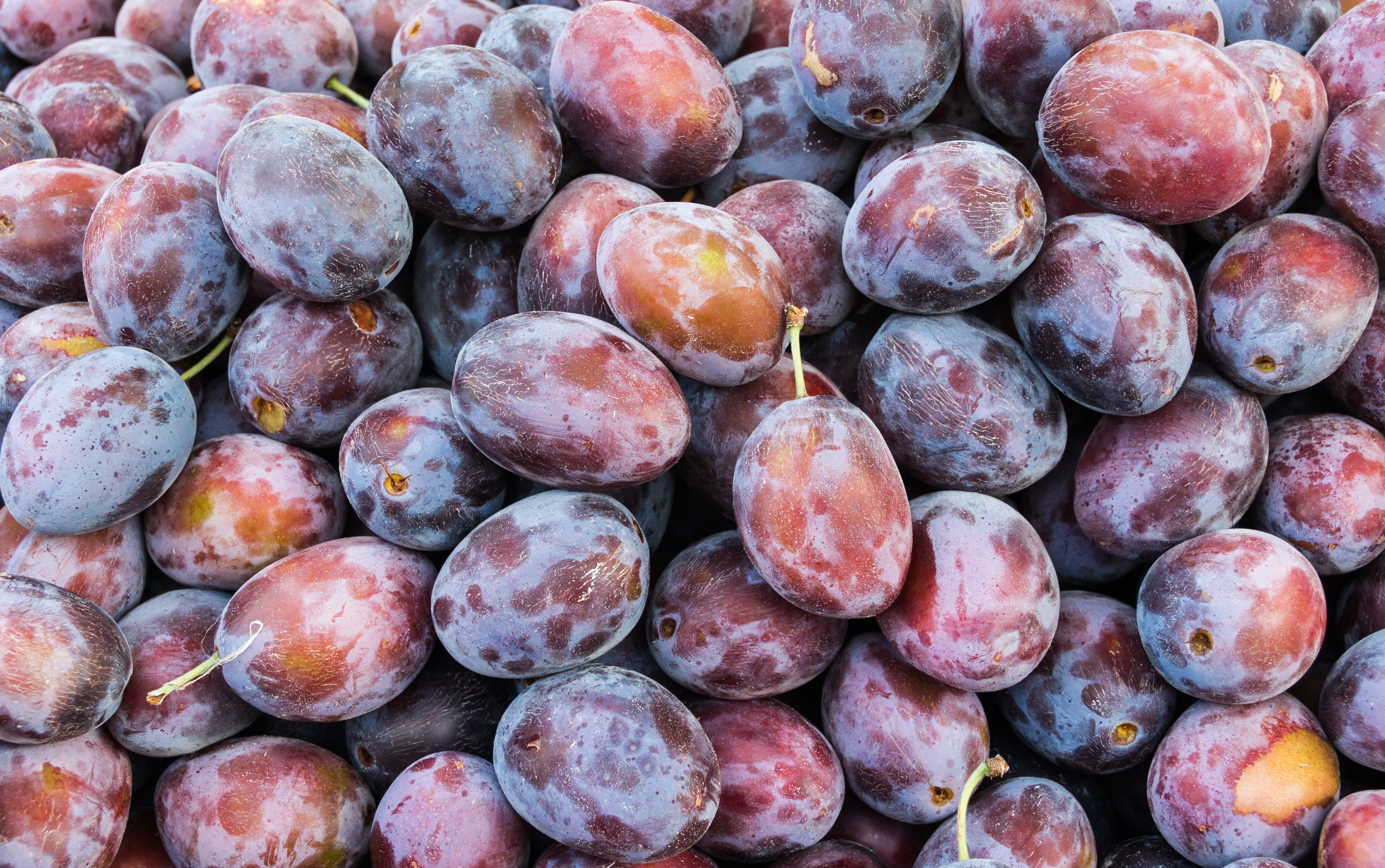
Prunes prevent constipation and keep the stomach healthy. Prunes contain Vitamin K, which helps in keeping bones strong. Prunes help in lowering cholesterol and keeping the heart in good shape. Prunes keep the stomach full for a long time, stopping kids from feeling hungry again and again. Prunes have antioxidants that slow down ageing and make the skin fresh.
10. Macadamia Nuts
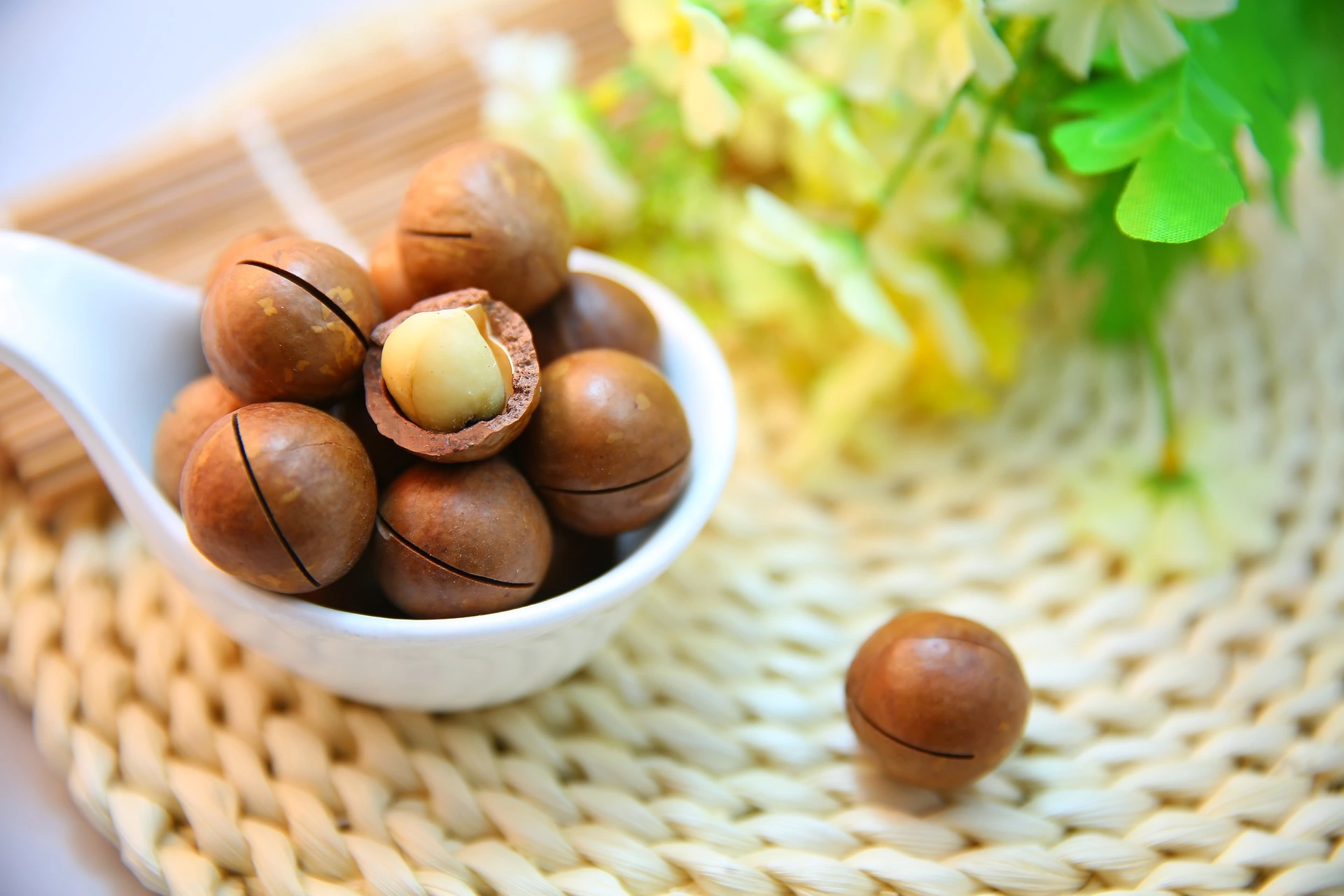
Macadamia nuts have healthy fats that lower bad cholesterol and improve heart health. These nuts help in better thinking and memory, making studies easier. Macadamia nuts contain nutrients that help in wound healing and reduce pain. These nuts provide high energy and keep kids active all day. Macadamia nuts keep kids full for a long time, preventing overeating.
Other Dry Fruits Names in English
Apart from these commonly eaten dry fruits, there are many others that you can learn about. Here is the complete list of other dry fruit names that are also healthy and nutritious.
-
Almonds
-
Cashews
-
Walnuts
-
Pistachios
-
Hazelnuts
-
Brazil Nuts
-
Chestnuts
-
Pine Nuts
-
Pecans
-
Macadamia Nuts
-
Betel Nut (Supari)
-
Fox Nuts (Makhana)
-
Chironji (Cuddapah Almond)
-
Raisins
-
Currants
-
Sultanas
-
Black Currants
-
Regular Dates
-
Medjool Dates
-
Ajwa Dates
-
Khudri Dates
-
Mabroom Dates
-
Safawi Dates
-
Sukari Dates
-
Apricots
-
Figs
-
Prunes (Dried Plums)
-
Dried Cherries
-
Dried Peaches
-
Dried Nectarines
-
Dried Loquat
-
Dried Blueberries
-
Dried Cranberries
-
Dried Strawberries
-
Dried Raspberries
-
Dried Blackberries
-
Dried Boysenberries
-
Dried Huckleberries
-
Goji Berries
-
Acai Berries
-
Dried Cloudberries
-
Dried Elderberries
-
Dried Mulberries
-
Dried Gooseberries
-
Dried Cape Gooseberry (Golden Berry/Physalis)
-
Dried Sea Buckthorn Berries
-
Dried Mango
-
Dried Banana
-
Dried Papaya
-
Dried Kiwi
-
Dried Guava
-
Dried Coconut
-
Dried Pineapple
-
Dried Dragon Fruit
-
Dried Jackfruit
-
Dried Lychee
-
Dried Rambutan
-
Dried Longan
-
Dried Mangosteen
-
Dried Sapota (Sapodilla/Chikoo)
-
Dried Star Fruit
-
Dried Persimmons (Hoshigaki - Japan)
-
Dried Cantaloupe
-
Dried Grapefruit
-
Dried Horned Melon (Kiwano)
-
Dried Olive
-
Dried Rose Hips
-
Dried Rose Petals
-
Dried Barberry
-
Dried Bael Fruit
-
Dried Amla (Indian Gooseberry)
-
Dried Jujube (Ber)
-
Dried Tamarind
-
Dried Sorrel (Hibiscus/Roselle Calyces)
-
Carob Pods
-
Black Lime (Dried Lime - Middle East)
-
Chenpi (Dried Tangerine Peel - China)
-
Li Hing Mui (Dried Salted Plums - Hawaii/China)
-
Dried Carissa (Natal Plum)
-
Dried Baobab Fruit
-
Dry Ginger
Frequently Asked Questions on Dry Fruit Names
Q1. What are the 10 dry fruits?
Answer: The list of top 10 dry fruits includes almonds, walnuts, cashews, raisins, pistachios, dates, apricots, figs, prunes, and peanuts. These dry fruits are nutrient-rich and offer various health benefits like boosting energy, improving digestion, and supporting heart health.
Q2. Is guava a dry fruit?
Answer: Guava is a vitamin-rich fruit that has even more health benefits as a dry fruit. Dried guava has fewer calories and a low-fat profile.
Q3. Which dry fruit is most healthy?
Answer: While many dry fruits are incredibly healthy, almonds are often cited as the most nutrient-rich. They are packed with Vitamin E, magnesium, calcium, and healthy fats, and are known for their benefits to heart health, skin, and brain function.
Q4. When not to eat dry fruits?
Answer: Dry fruits are healthy and contain essential nutrients; some should be avoided at night. It is because they contain high calories, fat content, or sugar. These ingredients may disrupt your sleep or interfere with digestion.
Admissions Open for
Admissions Open for
CBSE Schools In Popular Cities
- CBSE Schools in Bangalore
- CBSE Schools in Mumbai
- CBSE Schools in Pune
- CBSE Schools in Hyderabad
- CBSE Schools in Chennai
- CBSE Schools in Gurgaon
- CBSE Schools in Kolkata
- CBSE Schools in Indore
- CBSE Schools in Sonipat
- CBSE Schools in Delhi
- CBSE Schools in Rohtak
- CBSE Schools in Bhopal
- CBSE Schools in Aurangabad
- CBSE Schools in Jabalpur
- CBSE Schools in Jaipur
- CBSE Schools in Jodhpur
- CBSE Schools in Nagpur
- CBSE Schools in Ahmednagar
- CBSE School In Tumkur











